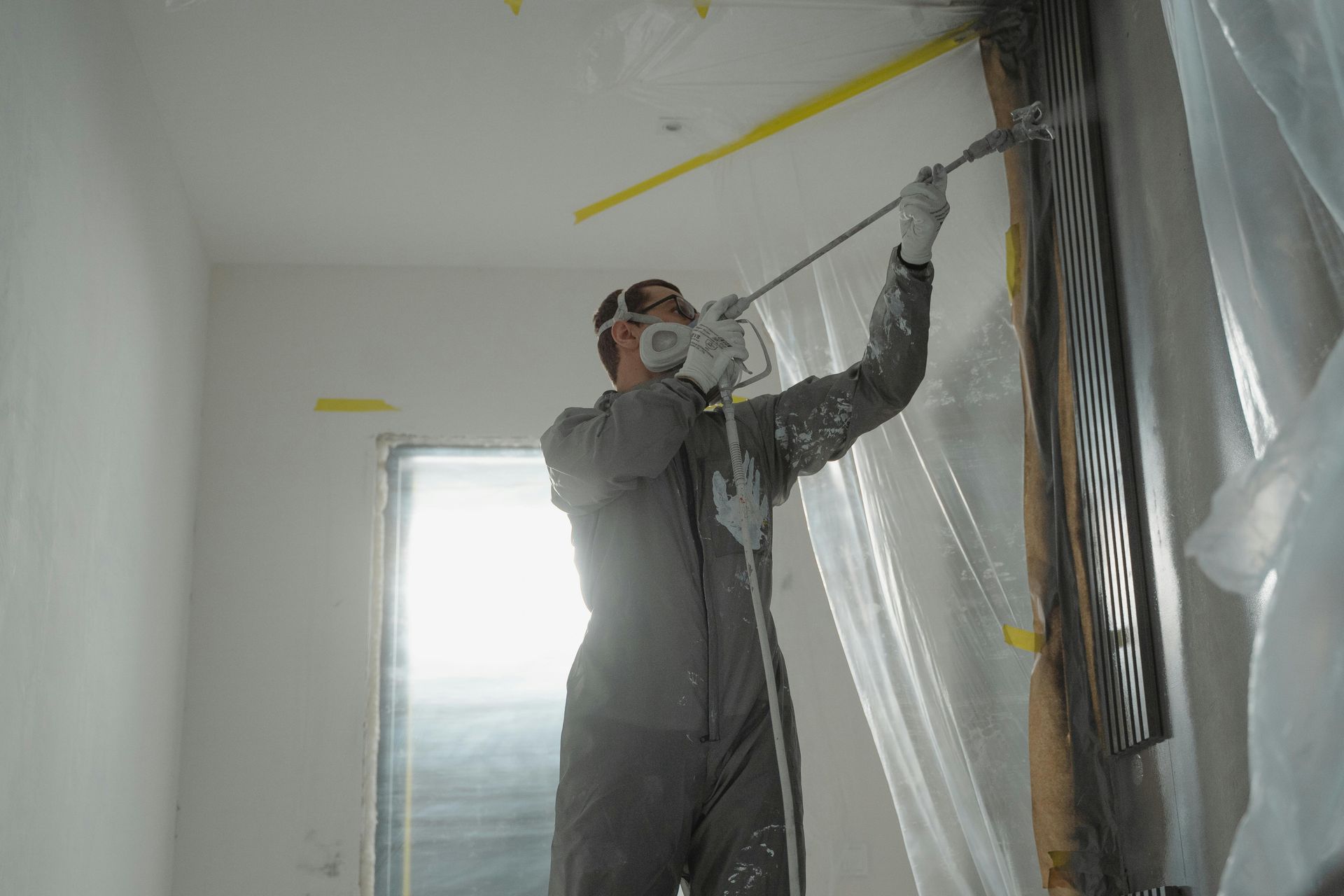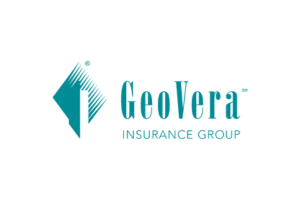Specialty Contractor License Process and Insurance Requirements
If you're a flooring installer, landscaper, or another specialty contractor in Washington State, obtaining the appropriate license is essential to operate legally and build trust with clients. The Washington State Department of Labor & Industries (L&I) oversees contractor registration, ensuring that professionals meet specific standards. Here's a step-by-step guide to help you navigate the licensing process:
1. Determine If You Need a Specialty Contractor License
In Washington, any individual or business that constructs, alters, repairs, or improves real property must register as a contractor. Specialty contractors focus on a single trade, such as flooring installation or landscaping, and are not permitted to hire subcontractors. If your work is limited to one specialty and you do not intend to subcontract, you should register as a specialty contractor.
2. Establish Your Business Legally
Before applying for contractor registration, you must:
- Choose a Business Structure: Decide whether you'll operate as a sole proprietor, partnership, corporation, or limited liability company (LLC).
- Register Your Business: File with the Washington Secretary of State if you're forming a corporation or LLC. All businesses must also register with the Department of Revenue to obtain a Unified Business Identifier (UBI) number.
- Obtain an EIN: If you plan to hire employees, secure an Employer Identification Number from the IRS.
3. Secure the Required Bond and Insurance
As of July 1, 2024, specialty contractors must obtain:
- Surety Bond: A $15,000 bond to protect clients against incomplete or substandard work.
- General Liability Insurance: Coverage of at least $200,000 for public liability and $50,000 for property damage, or a combined single limit of $250,000. The insurance certificate must list L&I as the certificate holder.
4. Complete the Contractor Registration Application
Download the Application for Construction Contractor Registration from the L&I website. Ensure all information is accurate, and have the application notarized. Submit the original application, along with your bond, insurance certificate, and a $132.60 registration fee, to:
Contractor Registration
P.O. Box 44450
Olympia, WA 98504-4450
Alternatively, you can apply in person at a local L&I office.
5. Understand Additional Requirements for Specific Trades
Certain specialties may have additional requirements:
- Flooring Installers: If your work involves electrical components (e.g., heated floors), you may need an electrical license.
- Landscapers: Installing irrigation systems may require a plumber certification or electrical license, depending on the system's complexity.
It's crucial to review the specific requirements for your trade to ensure full compliance.
6. Renew Your Registration
Contractor registrations are valid for two years. Renewals require maintaining your bond and insurance and paying the renewal fee. L&I will send a renewal notice before your registration expires.
By following these steps, specialty contractors in Washington can ensure they meet all legal requirements, protect their clients, and establish a reputable business. For more information and resources, visit the Washington State Department of Labor & Industries website.











